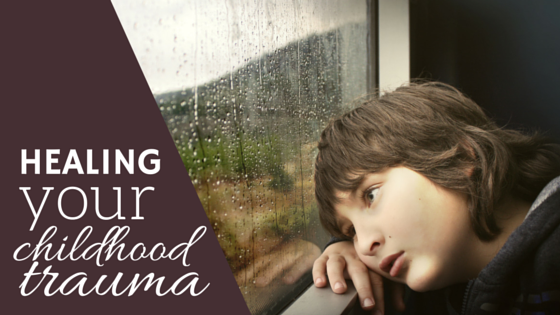Many adults are moving through their lives carrying their childhood abuse trauma with them as a part of their day to day necessities. A part of their lives they have moved on from, pushed down, until the trauma begins to leach out into their adult lives. For some, the trauma shows up in the types of relationships they choose and for others, the affects show up in the way they parent their own children.
Childhood trauma can be processed and healed. If you are an adult survivor of childhood abuse, it’s never too late to begin to investigate you past. Our therapists are skilled in working with adults who are working to change how they are still responding to their past. Here are some ways our therapists may work with you when you come for guidance:
Telling your story. Probably the single most effective healing step someone can take is to write a narrative. Sometimes these are called “trauma narratives” and they have some of the best research supporting them of any therapeutic technique. I prefer the term “values narratives” and an approach to narrative that focuses not only on the trauma but how that can fit into your broader identity, personal values, and who you want to be.
Improving self-regulation. Finally, as adults healing from childhood wounds, one of the best things we can do for ourselves is improve our self-regulation. Improving self-regulation means a lot of different things. It means learning to manage our emotions and to gain more control over the difference between having a feeling or thought and acting on it. It’s almost impossible and also unwise to try to control thoughts and feelings. Like the old challenge of not thinking about a pink elephant. That is one reason that narrative interventions help, they help you express and organize thoughts and feelings instead of suppressing them.
Source: Psychology Today
Title: Finding Your Own Path to Healing From Child Abuse
Author: Sherry Hamby, Ph.D.
